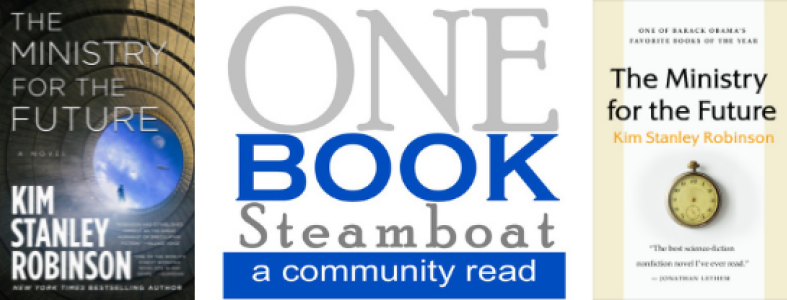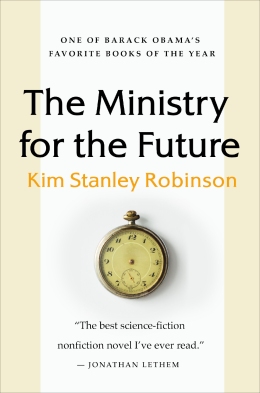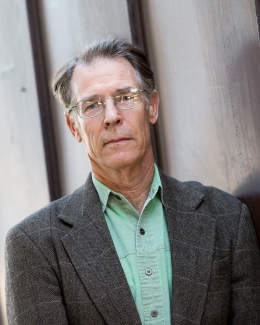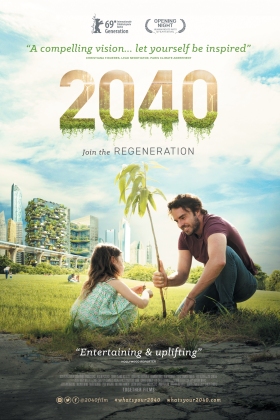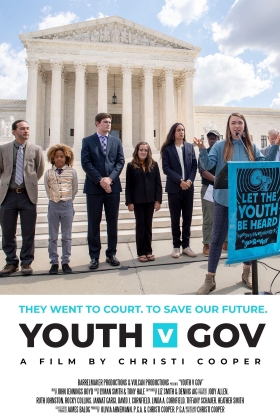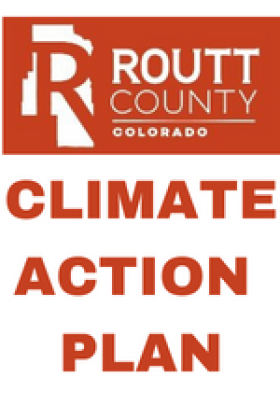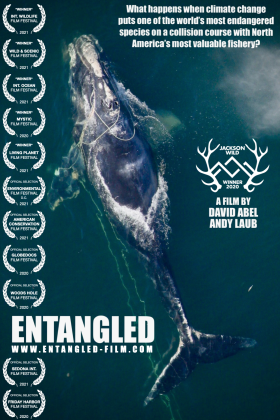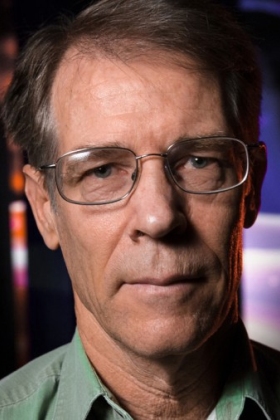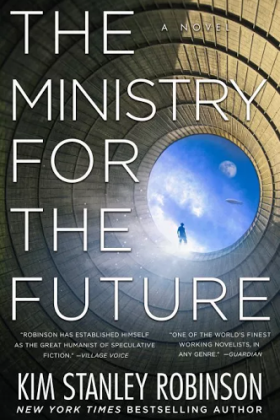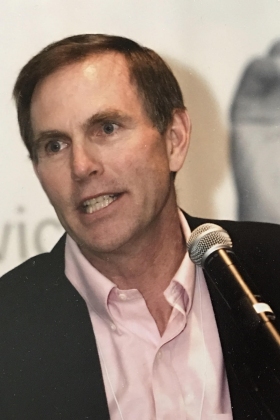Each year the Bud Werner Memorial Library presents a community read in Steamboat Springs. We call it ONE BOOK STEAMBOAT. As the UN’s COP-26 Climate Change Conference in Glasgow comes to a close and climate change is top of mind, the Steamboat Springs community is invited to read and discuss the critically acclaimed novel The Ministry for the Future by award-winning author Kim Stanley Robinson.
The Ministry for the Future is a story of communities, climate and change. It is a masterpiece of the imagination, using fictional eyewitness accounts to tell the story of how climate change will affect us all. Its setting is not a desolate, postapocalyptic world, but a future that is almost upon us. This extraordinary novel from visionary science fiction writer Kim Stanley Robinson will change the way you think about the climate crisis.
What exactly is "cli-fi"?
It is a pop culture abbreviation for climate fiction, using a nod to science fiction's common reference as "sci-fi." Cli-fi is a form of speculative fiction that deals with the impacts of climate change and global warming, typically featuring a changed or changing climate as a major plot device.
Get a copy of The Ministry for the Future
The Library now has ample copies of The Ministry for the Future in our collection (including digital, audio and print copies). Books are available so everyone is able to check out a copy, read it and participate in the community conversations.
Borrow The Ministry for the Future from Bud Werner Memorial Library.
Buy a copy of The Ministry for the Future from Steamboat Springs' independent bookstore, Off the Beaten Path.

